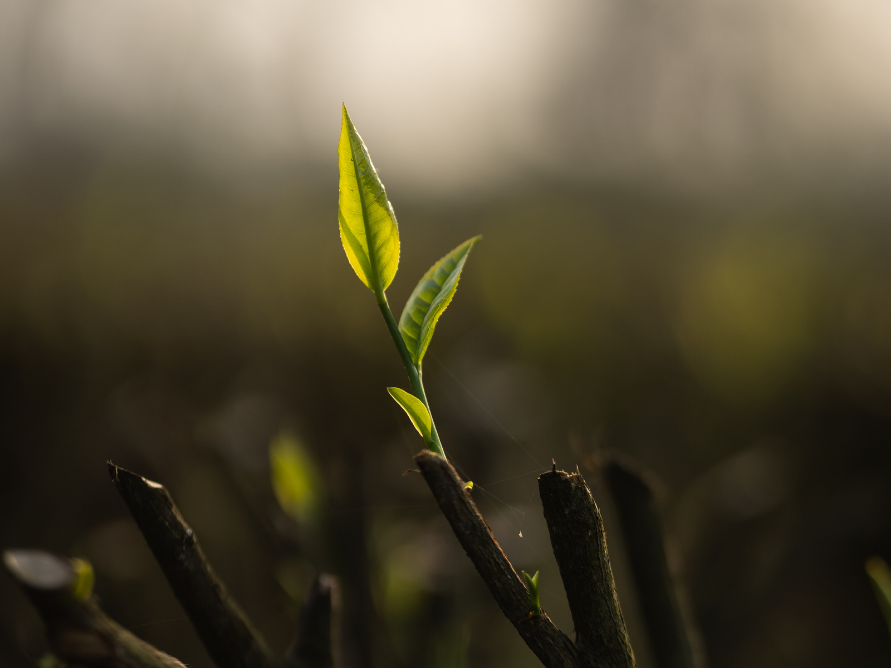
Reflections on the past twelve months
Raj Barooah's Monthly Column:
The first two months of the year has gone by, and I have spent the last few weeks trying to make sense of the year we’ve just had. It was a challenging year, no doubt. We collectively faced the coronavirus's onslaught, which most thought would find a solution within the first few months. It's now been close to a year.
I reflected on what we are doing with the business, life in general, and where we go next. Without understanding what we have been through, moving forward is always harder.
On the 30th of January, 2020, I was en route from Jorhat to Guwahati to the Assam Literary Festival - ‘Sahitya Sabha’. I decided to use the 305-kilometre drive to catch up with friends on the phone.
I called Nathan in Hangzhou, China. Nathan works in the tea industry. During that conversation, Nathan asked me to help with the manufacture and shipment of half a million to a million N-95 masks. I had never heard of these masks, and that was undoubtedly a massive amount of masks. And Nathan sounded worried. He said that the new virus was creating havoc in China, and this was the only mask that would protect people against it. Wuhan, he said, was already in lockdown. And Hangzhou too, said Nathan, was closed.
Having been to Wuhan just a couple of months earlier in November 2019, life seemed usual there at the time. I could not even imagine a city I knew well and a country I often visited locking down like that. The Chinese New Year, which is the one big holiday there, was not celebrated. People were not allowed to move around, and the government banned all transportation. I was quite worried when I had finished my call with Nathan. I promised to check on the mask manufacturing. To our surprise, all manufacturers said that supplies to make it had to come from China, but no material was currently available. Little did I imagine how it would unravel.
By February, we were already reporting a few cases in India and reading about how Italy and France were affected. My friend Pierre, owner of the tea business Le Parti du The in Paris, was down from France and visiting Assam in March. He stayed two nights with me at Aideobarie. And suddenly, he got the news that the government was cancelling all existing visas. “Will I be able to go back home,” he asked, and much as I tried to reassure him, the worry and anxiety had arrived. People were growing more tense. Pierre’s wife and parents were anxious. But thankfully, he was able to leave and reach home safely.
2019 ended with the market plummeting with some of the worst prices seen for CTC teas. Thus there was a considerable cash flow problem as we began 2020. We were looking forward to resuming tea production in March. We had a weeks’ harvest barely in the new season before the Assam Tea Tribes Students Union demanded we close the gardens due to the pandemic. They were the first organised body who took action, and we locked down on the 23rd of March. On the 24th, the government of India declared a nationwide lockdown.

I live in Jorhat, and our gardens are two district borders away. With these borders closed, I had to apply for the government pass, without which we could not travel. When the lockdown was partially lifted, I drove to our Aideobarie estate. Our bushes had grown wild without the plucking for close to a month, and we had to skiff them. We had already pruned these bushes in December, and a second pruning was now underway. I resumed my trips to the tea garden, wearing a mask, maintaining social distance, washing my hands frequently and using a sanitiser. But the enormity of the situation was driven home by my 73-year-old mother. She said, “When you go to the tea garden, you put us at risk. How important is work?”
We were now hearing of friends and acquaintances falling ill to Covid. And testing was proving to be a challenge. There were not enough kits, and samples had to be sent to Guwahati, four hours away.
And then the virus arrived at our doorstep in May, when our estate manager’s wife went home for her mother’s funeral. She returned and, in a random testing, tested positive for Covid. Everyone was scared; everyone was worried. And it was as much as contracting Covid as it was about testing positive and being carted off to the isolation ward for two weeks. The isolation camps were hurriedly set up facilities with basic amenities. To be stuck with people you didn’t know, with no access to your family, and under these circumstances, was plain frightening. Especially since one was aware that things could go south very quickly. No one wanted that, and many put off testing when they ran a fever to avoid the isolation ward.
It felt like war, except the enemy was a fellow human being without any arms or ammunition. I could pat a dog or let a cat come close, but the apprehension about coming close to another person was relatively high. It’s been the most unusual experience to see a fellow human and do everything to avoid touch.

In early September, at the peak of the virus’s hold in India, I fell ill. I immediately gave a sample for testing and isolated myself in a room at home. My family would leave my meals at the door; I stayed locked in for five days. The test results never arrived. Later, the lab told me that they were so busy that they didn’t bother dispatching the reports if one tested negative. No news was good news.
On the 23rd of September, I was on my way to our garden Rangajan. I was dismayed when my manager, Podum Borah, said he had had a fever for six days. I insisted that he immediately drop everything and get tested. Not surprisingly, he tested positive and had to go into an isolation camp. When they tested his oxygen levels, it was relatively low. They admitted Podum to the only hospital that was treating Covid patients, Jorhat Medical College and Hospital. We spoke over the phone nearly every day until four days later, he fell into a coma and was put on a ventilator. Three days later, he passed away. He had been with us for the past 26 years, an appointee of my late father. We found his appointment letter, which my father had signed. It brought back many memories.
Podum’s passing was a massive blow to all of us in the company. We started mass testing at Aideobarie and Rangajan. There was still a taboo attached to testing positive compounded by the fear of the isolation camp. All four members of the family that looks after my house on Aideobarie tested positive. Our factory assistant manager lost his mother to Covid. It was stressful, beyond words, to worry about a workforce of 700 people and their families. It’s an enormous responsibility, and the anxiety was unprecedented.
Durga Puja and Diwali arrived, and as quickly as the pandemic had peaked. We were steeling ourselves for the worst; it seemed that we were now seeing some respite. The numbers reported were plateauing, the curve was flattening, and eventually began their downward spiral.
Through it all, of course, work continued. With an absent first flush, there had been a massive shortage of tea. The market reacted positively, and prices went up. We were able to revive our cash flow and bring back the equilibrium in the business. I had wondered if I would be able to see this day, as we didn’t know if we would be able to sell teas, to ship teas out. I had hoped to survive the pandemic, keep things going, make sure my people had food to eat. So, to be able to achieve a little more was indeed a blessing. We continued our harvest and production until December, closing for the winter. Every day of the year, we prayed that we would close the season and move on.
As I look back at 2020, it was also a lesson to pare back to the essentials. Forced to prioritise, I, like many of us, found that my needs were few. During the lockdown, finding myself with more time than I have had in a long time, I was able to turn my attention to my home and family. Yes, it was an anxious time but forced to stay indoors, I was able to help with the chores, tend to my mother’s garden… life before the pandemic was all about work. It was work that determined how much time I had left for people and things I enjoyed. Is work so important, my mother had asked? I didn’t have an answer for her then.

As restrictions have lifted, and life bears some resemblance to a world we knew once before, I realise that it’s easy to slip back into the busy routine of our days. But is work the purpose of our lives or the source of happiness? At this juncture, I say not. What then is? How have we changed as people? How do we understand life better? How can we stop taking nature for granted?
In Jorhat, where I live, my 11-year old asks me to teach her how to sanitise her desk and chair at school as they reopen. I can tell she’s jittery about returning to school, a place that has always spelt safety and security. Another reminder that this battle with the invisible army is still underway.
As I now wait for the Covid vaccine, I wonder about the real lessons from the year.

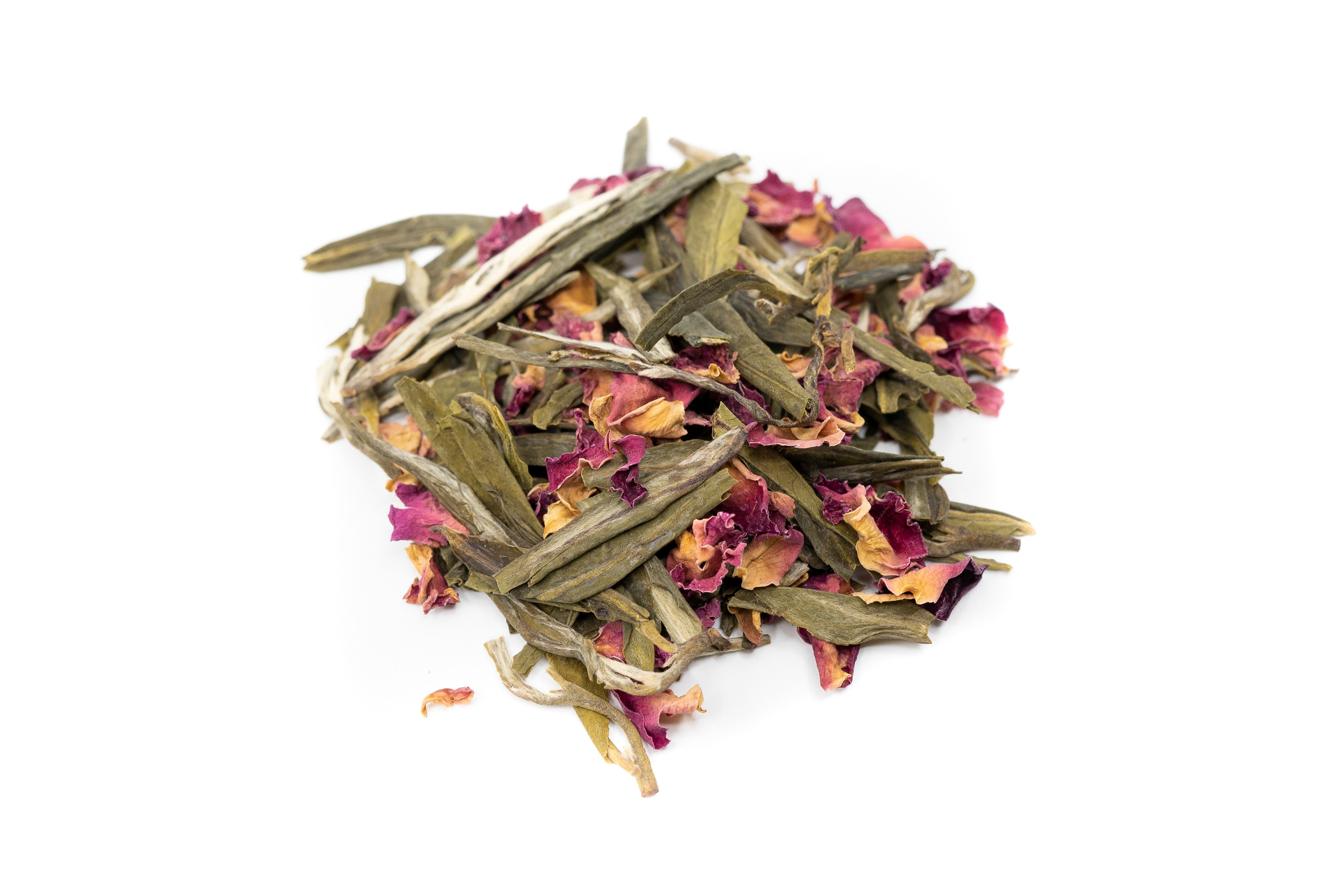

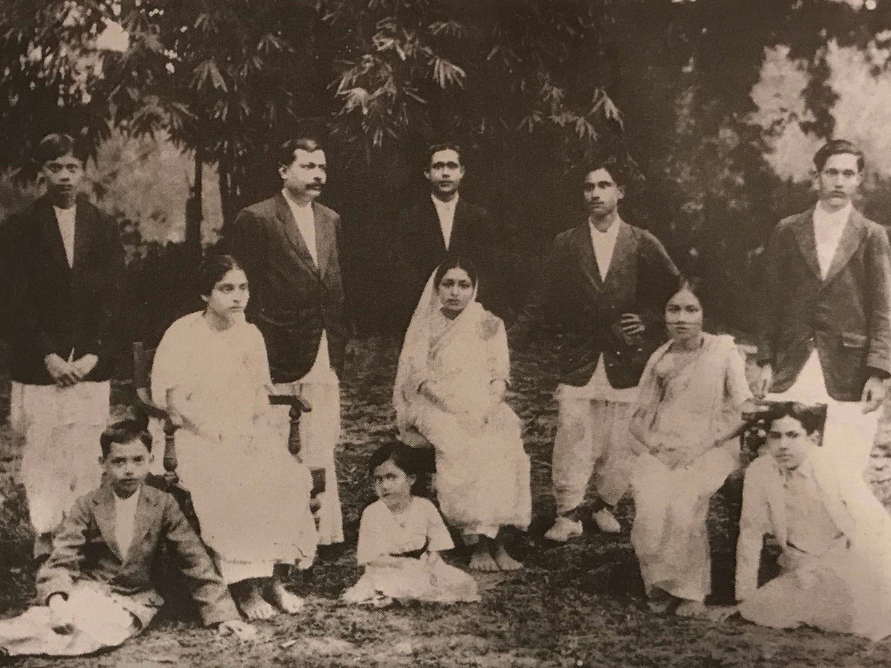
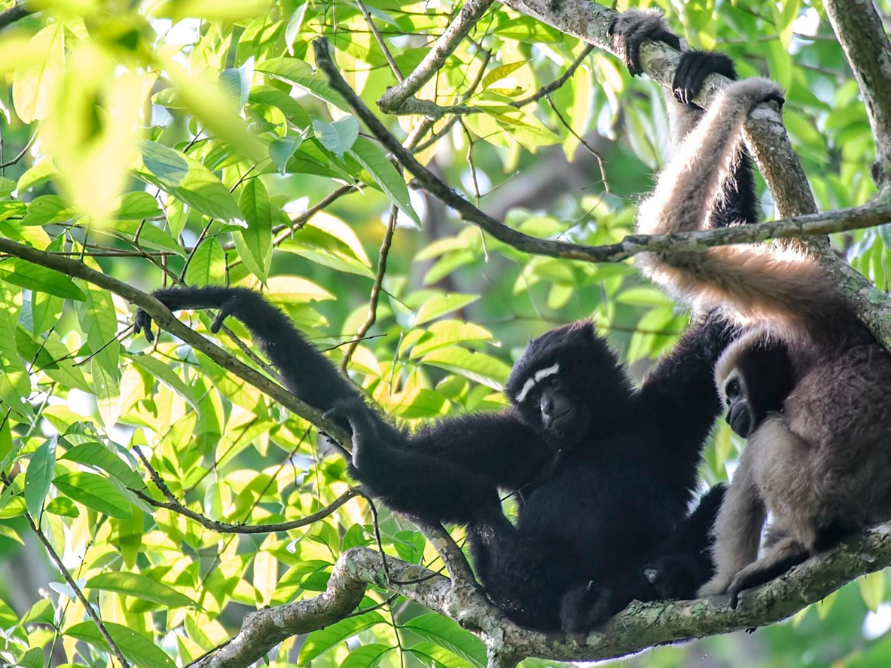

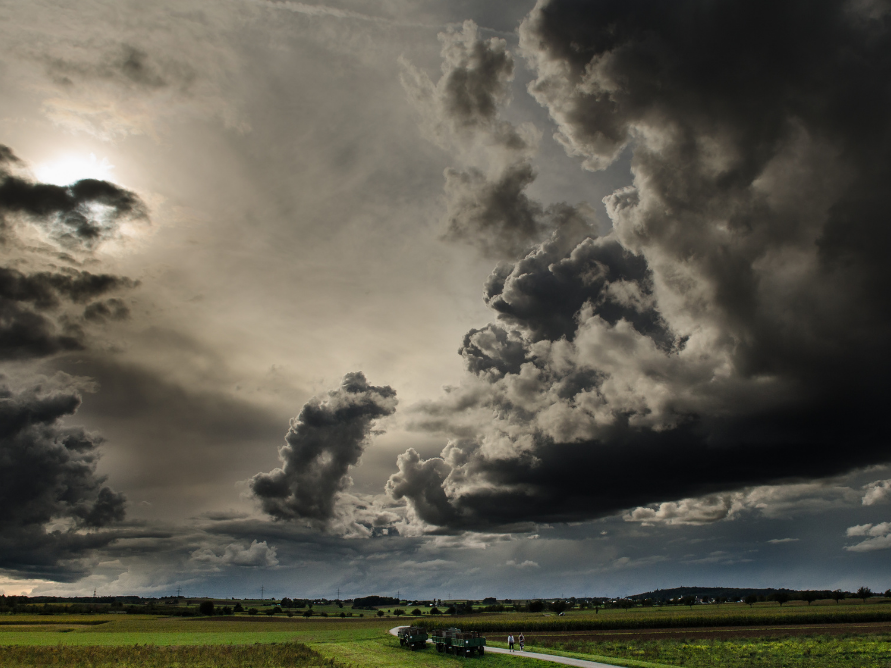
Leave a comment
This site is protected by hCaptcha and the hCaptcha Privacy Policy and Terms of Service apply.